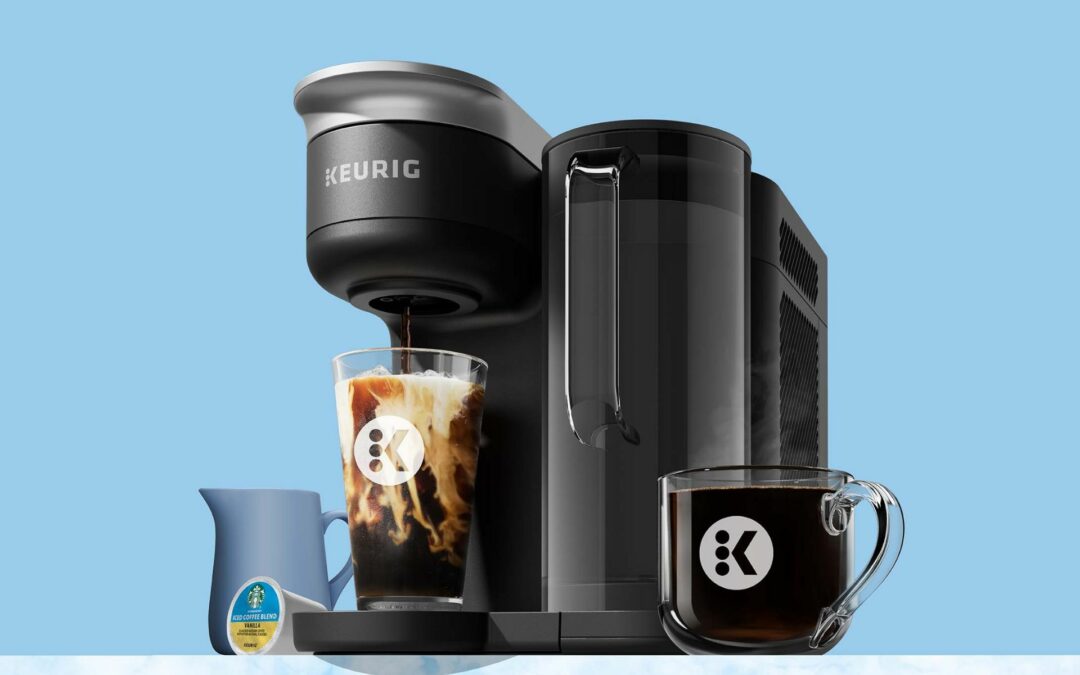The Conference Board Consumer Confidence Index gained in November to 102, up from a downwardly revised 99.1 in October, above the 100 breakeven between a negative or positive sentiment about the economy.
The Expectations Index remains below 80 for a third consecutive month, a level that can signal a recession within the next year, although it has fallen below that level several times over the past annum. Consumer fears of an impending recession abated slightly to the lowest levels seen this year, but two-thirds of consumers surveyed in November still perceive a recession to be somewhat or very likely to occur over the next 12 months, the Conference Board noted.
Consumers’ assessment of current business conditions was, on balance, slightly more positive in November, as 19.8% of consumers said business conditions were good, up from 18.3% in October. Still, 19.5% said business conditions were bad, up from 18.8%.
Consumers’ appraisal of the labor market was mixed in November as 39.3% of consumers said jobs were plentiful, up from 37.9% in October, while 15.4% of consumers said jobs were hard to get, up from 14.1%.
As they looked ahead six months, consumers were less pessimistic about the short-term business conditions outlook in November with 17.3% expecting conditions to improve, up from 15.5% in October, while 19.5% expected business conditions to worsen, down from 20.9%.
Consumers’ assessment of the short-term labor market outlook was slightly more optimistic in November, as 16.1% of consumers expected more job availability, up from 15.3% in October, although 19.6% anticipated fewer jobs, down slightly from 19.7%.
Short-term income prospects improved as assessed in November: 17.2% of consumers expected their incomes to increase, up from 15.6% in October, even as 12.1% expected their incomes to decrease, down from 13.4%.
“Consumer confidence increased in November, following three consecutive months of decline,” said Dana Peterson, Conference Board chief economist, announcing the numbers. “This improvement reflected a recovery in the Expectations Index, while the Present Situation Index was largely unchanged. November’s increase in consumer confidence was concentrated primarily among householders aged 55 and up. By contrast, confidence among householders aged 35-54 declined slightly. General improvements were seen across the spectrum of income groups surveyed in November. Nonetheless, write-in responses revealed consumers remain preoccupied with rising prices in general, followed by war/conflicts and higher interest rates. Assessments of the present situation ticked down in November, driven by less optimistic views on current job availability, which outweighed slightly improved views on the state of business conditions. More consumers said that business conditions were good compared to last month, but more also said they were bad. Regarding the employment situation, more consumers said that jobs were plentiful compared to October, but the number saying jobs were hard to get also increased. By contrast, when asked to assess their current family financial conditions, a measure not included in calculating the Present Situation Index, the share reporting good rose, and those citing bad fell, suggesting consumer finances remain healthy heading into the holiday season.”
Peterson added that consumer expectations in November, looking forward to the next six months, reflect “improved confidence about future business conditions, job availability, and incomes. Compared to last month, expectations that interest rates will rise in the year ahead ticked down, but consumers’ outlook for stock prices continued to weaken in November. Meanwhile, average 12-month inflation expectations receded back to 5.7% after a one-month uptick to 5.9%. Consumers’ views of their expected family financial situation, six months hence recovered in November after ticking down for the past two months. Buying plans for autos, homes and big-ticket appliances trended downward on a six-month basis, perhaps reflecting the impact of elevated interest rates.”





